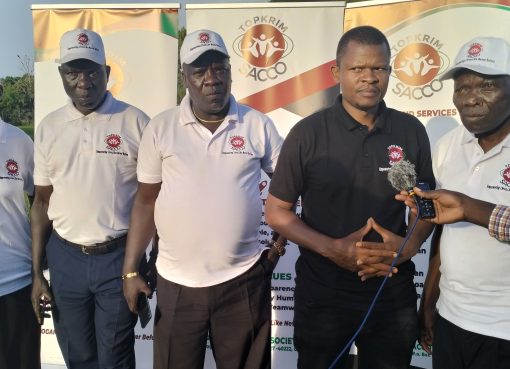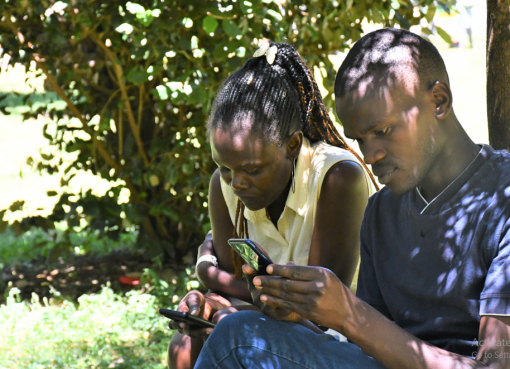The fight against Female Genital Mutilation (FGM) is gaining momentum as recent reports revealed that no girl child was subjected to circumcision during the March-April holiday.
A follow-up engagement between the cross border Anti-FGM stakeholders from Kenya and Tanzania highlighted that measures put in place to curb the vice have borne fruits.
In the first meeting which was held in Kenya in late January this year, the forum-based discussion was aimed at addressing the urgent unexpected surge of FGM in the March-April circumcision season.
The engagement also saw journalists and activists from both ends coming up with strategies on how to curb the FGM along the border as well as finding both short and long time solutions to the vice.
In the same forum, it was anticipated that mapping the suspected FGM zones, especially during the March-April circumcision season will be a major milestone to identify FGM perpetrators and suspected FGM homes in advance.
Previous statistics from the Department of Gender in Migori County showed that a total of 50 girls were circumcised with over 200 being rescued during the December 2021 circumcision.
This raised the fear that the number might be high in April, as some of the girls were sneaked across the border for the cut while at the same time some fled after the cut for fear of being arrested.
In a recent follow-up meeting held in Tarime Tanzania on May 26 and 27, the revelations showed that earlier stipulated April cutting did not take place.
This was a result of strict adherence to the outlaid strategies to curb the vice during the March-April season.
Among success strategies used by both countries in curbing April-March cutting include mobilising the community and enlightening them against FGM activities.
In addition, the community was educated on strict adherence to Anti-FGM laws which prohibit carrying out the activity within the borders of the countries.
This was in line with the Prohibition of Female Genital Mutilation Act, 2011 (FGM Act, 2011), which came into effect on 4 October 2011.
For instance, since the interception of the FGM Act (FGM Act, 2011), the zeal to work together between Kenya and Tanzania journalists and activists has intensified and results are being seen.
The recent engagement revealed that there has always been a problem of the FGM culprits running away to either side if cornered.
However, the continued collaboration between the two countries has since ensured reduced movement of culprits between the two countries.
Despite the March-April success, Tanzania Association on Termination of FGM official Mr. Valerian Mugali stated his fears that this year a total of 1000 girls still face the risk of being cut in Tanzania during the December season.
“In as much as we made a milestone in April, a thousand girls are still staring at the risk of facing the cut in December 2022. Although 400 of the quoted girls being in a rescued position, the remaining 600 are still exposed to greater risk,” decried Mugali.
To help zero down the vice completely, the FGM cross border strategies that the forum discussed need further strengthening and mapping.
There were calls for clear coordination which included funding the media to highlight the vice and finding ways and means of confronting the transformational and camouflaged tricks used by perpetrators to beat the laws on FGM
Such new strategies used by the pro-FGM team included practising circumcision at night, dressing the girls as boys and threats directed to community-based organisations (CBOs) and individual informers helping in the war against the vice.
During the two-day engagement, a unanimous decision was arrived at by both countries’ representative stakeholders especially on the urgency by journalists to stir up highlighting the cases on mainstream media.
As a result, a special cross border Anti-FGM journalist from both countries is set to be unveiled before December this year so as to enhance tracking of the cases while highlighting early occurrences.
Similarly, on the taskforce team, the Kenyan law enforcers led by Kuria West Sub County Police Commander Mr. Kimaiyo, received praises from their Tanzanian counterparts for his continued teamwork.
The collaboration between the two forces has since sent quite a good number of perpetrators into hiding as their movements are continuously under watch.
A national toll-free line number 116 was also unveiled to help members of the public in reporting any FGM cases within the hot zone areas.
Although, the number is not limited to FGM only but also to any instance of child in danger.
By Polycarp Ochieng and George Agimba





